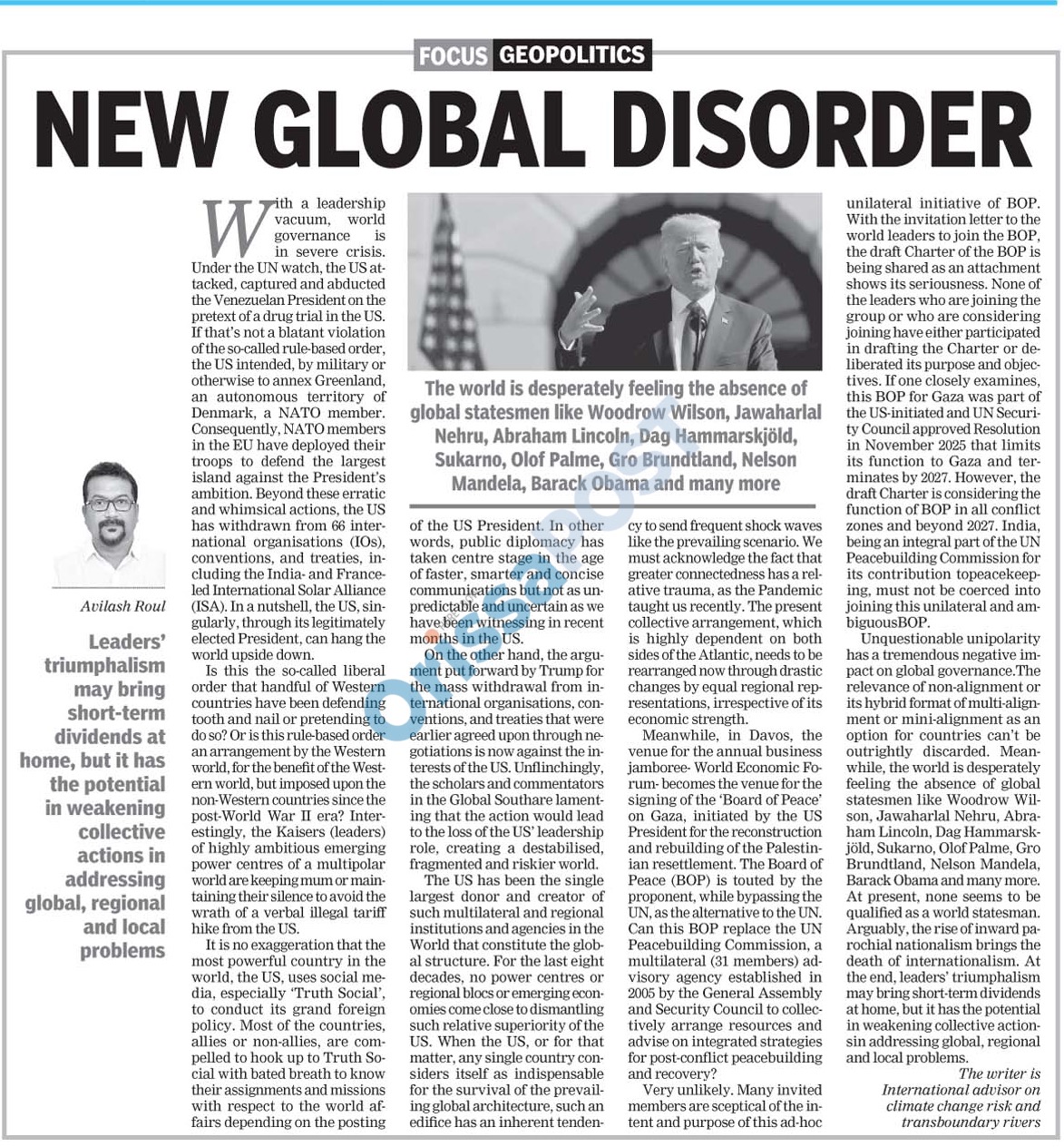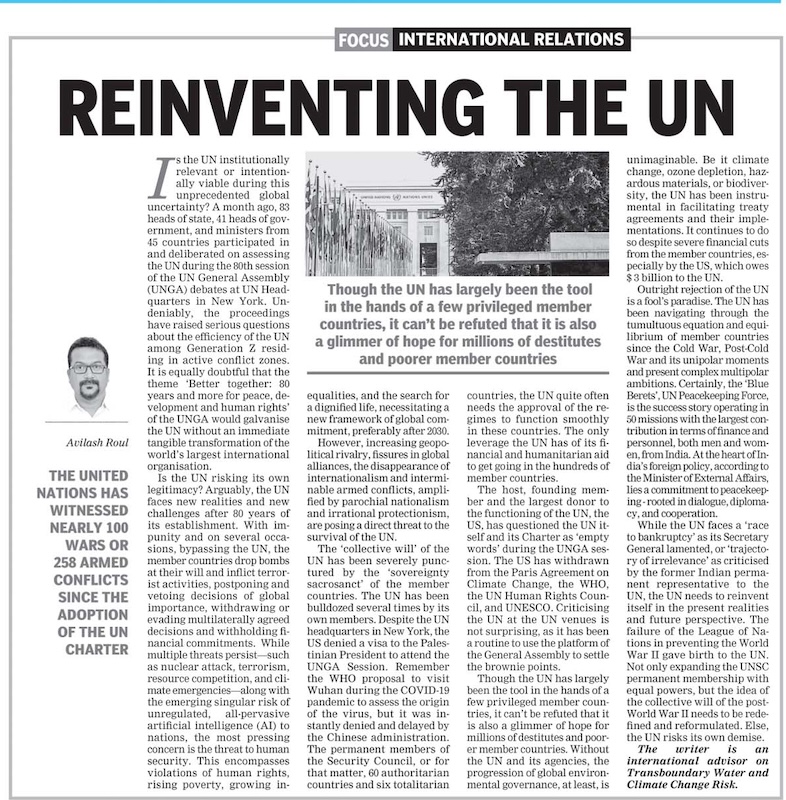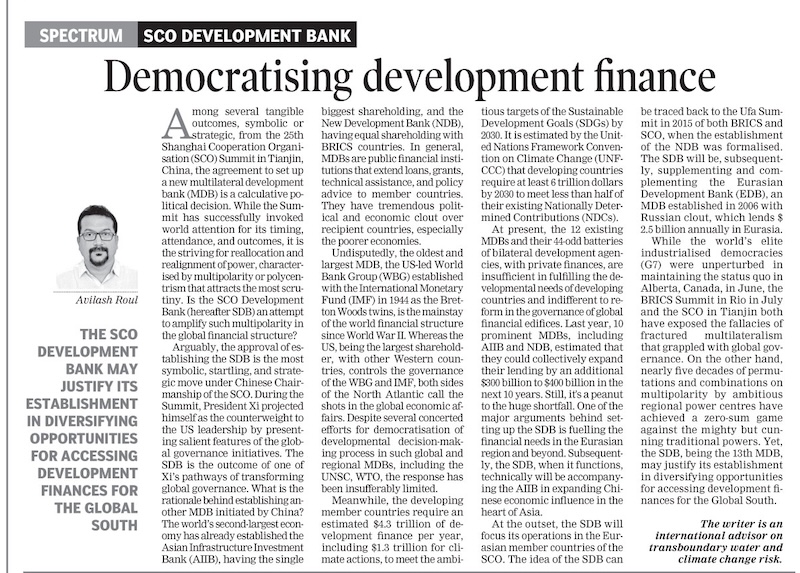-

-
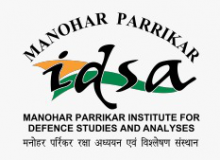
The Gujarat Police’s Anti-Terrorism Squad (ATS) on 8 November 2025 arrested Ahmed Mohiyuddin Saiyed, a doctor from Hyderabad (Telangana), along with firearms and nearly 4 kg of castor-bean mash, which is used to extract ricin, a bio-toxin, at Adalaj toll plaza on Ahmedabad–Mehsana Road in Gandhinagar. His call records led to the arrest of two Uttar Pradesh residents, Azad Suleman Sheikh and Mohammad Saleem Khan, in Banaskantha, Gujarat.
-

Brazil is leaving no stone unturned to make Cop30 remarkable, but it must unite the Global North and South to forge new cooperation against their common enemy—climate change
-

-

Can we, humans, coexist with wildlife? At least in India, the answer may oscillate between ‘yay’ and ‘nay’.
-

-
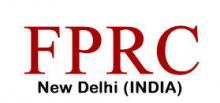
New Special Issue Release: FPRC Journal (Issue No. 62).
Focus: India-Bangladesh Relations – Challenges and Opportunities
-

Pakistan Defence Minister Khawaja Asif’s remarks during a live news interview, that his country has been doing “dirty work” for the West for the last three decades, was a stunning admission on Islamabad’s long history of supporting, training and funding terrorist organisations. A decade ago, former army chief and president General Pervez Musharraf made a similar confession on public television, bragging about Pakistan’s role in supporting and training militant groups in Kashmir’s freedom struggle.
-

Last year’s Baku Climate Conference, the 29th Conference of Parties (COP) to the UN Framework Conventions on Climate Change (UNFCCC), concluded with mixed outcomes. While the contentious negotiations on climate finance took center stage at COP29, the plights of the most climate-vulnerable groups, especially persons with disabilities (PWDs), were largely overlooked. PWDs were mentioned only twice in the COP29 outcomes—Global Goal of Adaptation and Gender and Climate. Can the aspirations of the PWDs be protected during the climate breakdown by both the UNFCCC and member countries?
-

There is an age-old saying in the Odiya language: Jala bihune srusti nasha, jala bahule srusti nasha, which means too much and too little water destroys creation. This holds true for the coastal district of Kendrapara, Odisha.
Paxton ported to drupal by DropThemes.in
